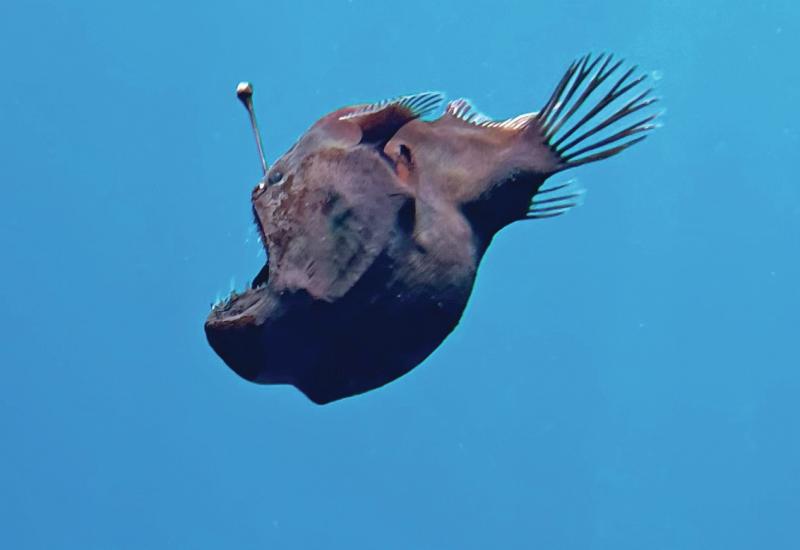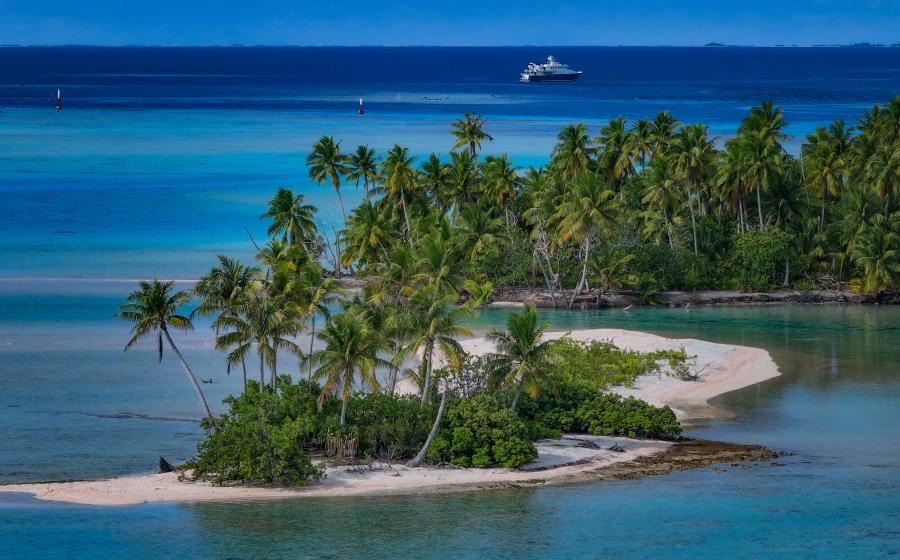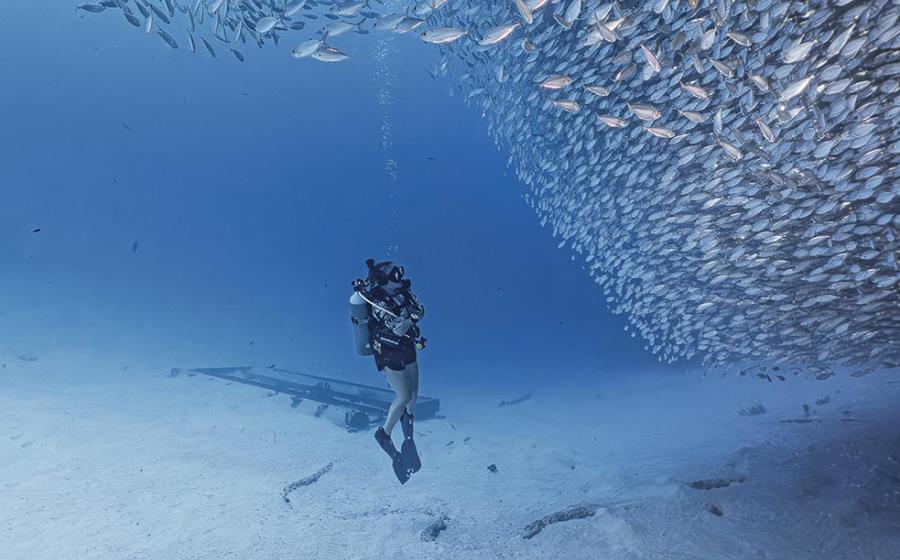The North Sulawesi Watersports Association Establishes Turtle Hatchery Programme
The North Sulawesi Watersports Association (NSWA) has long been aware that the Sea Turtles, which are attracted to the long sandy beaches of Bunaken Marine Park on Indonesia's Siladen Island, are on the brink of extinction.
With the advice and support of the WWF in Indonesia, the NSWA has established a turtle hatchery in Bunaken Marine Park on a section of beach where the turtles come ashore to lay their eggs. To ensure minimum interference in the natural process only those eggs at risk from being swept away by high tides will be moved to the hatchery to give them a better chance of survival. Any eggs laid by turtles that are safe will be left in place but will be monitored to make sure that they are well protected and untouched during the 45-60 day period of incubation.
The chances of survival for young turtles are quite slim and the NSWA hopes that the establishment of the hatchery will boost the odds for them. It takes 35 years before a turtle is sexually mature and once fertilized the female returns to the beach on which she was born to lay her eggs. They have been known to swim right across the Pacific in order to return to the beach of their birth. When the baby turtles hatch they have to scramble across the sand to reach the sea, a time when they are very vulnerable from swooping sea birds looking for an easy meal. Once in the sea they are still open to attacks from predators.
The first turtle laid 120 eggs on 13th February close to the hatchery and the NSWA reports that all is going well and they are expected to hatch in early April. Many more turtles are expected soon as the peak nesting season is between now and the end of June. The NSWA are using the opportunity to involve local schoolchildren in the monitoring process to educate them about the turtles and their importance in the balance of all marine life.
To learn more about the turtle hatchery programme look at www.divenorthsulawesi.com or contact Richard Parks at RP Marketing in the UK; email [email protected].
The North Sulawesi Watersports Association (NSWA) has long been aware that the Sea Turtles, which are attracted to the long sandy beaches of Bunaken Marine Park on Indonesia's Siladen Island, are on the brink of extinction.
With the advice and support of the WWF in Indonesia, the NSWA has established a turtle hatchery in Bunaken Marine Park on a section of beach where the turtles come ashore to lay their eggs. To ensure minimum interference in the natural process only those eggs at risk from being swept away by high tides will be moved to the hatchery to give them a better chance of survival. Any eggs laid by turtles that are safe will be left in place but will be monitored to make sure that they are well protected and untouched during the 45-60 day period of incubation.
The chances of survival for young turtles are quite slim and the NSWA hopes that the establishment of the hatchery will boost the odds for them. It takes 35 years before a turtle is sexually mature and once fertilized the female returns to the beach on which she was born to lay her eggs. They have been known to swim right across the Pacific in order to return to the beach of their birth. When the baby turtles hatch they have to scramble across the sand to reach the sea, a time when they are very vulnerable from swooping sea birds looking for an easy meal. Once in the sea they are still open to attacks from predators.
The first turtle laid 120 eggs on 13th February close to the hatchery and the NSWA reports that all is going well and they are expected to hatch in early April. Many more turtles are expected soon as the peak nesting season is between now and the end of June. The NSWA are using the opportunity to involve local schoolchildren in the monitoring process to educate them about the turtles and their importance in the balance of all marine life.
To learn more about the turtle hatchery programme look at www.divenorthsulawesi.com or contact Richard Parks at RP Marketing in the UK; email [email protected].










